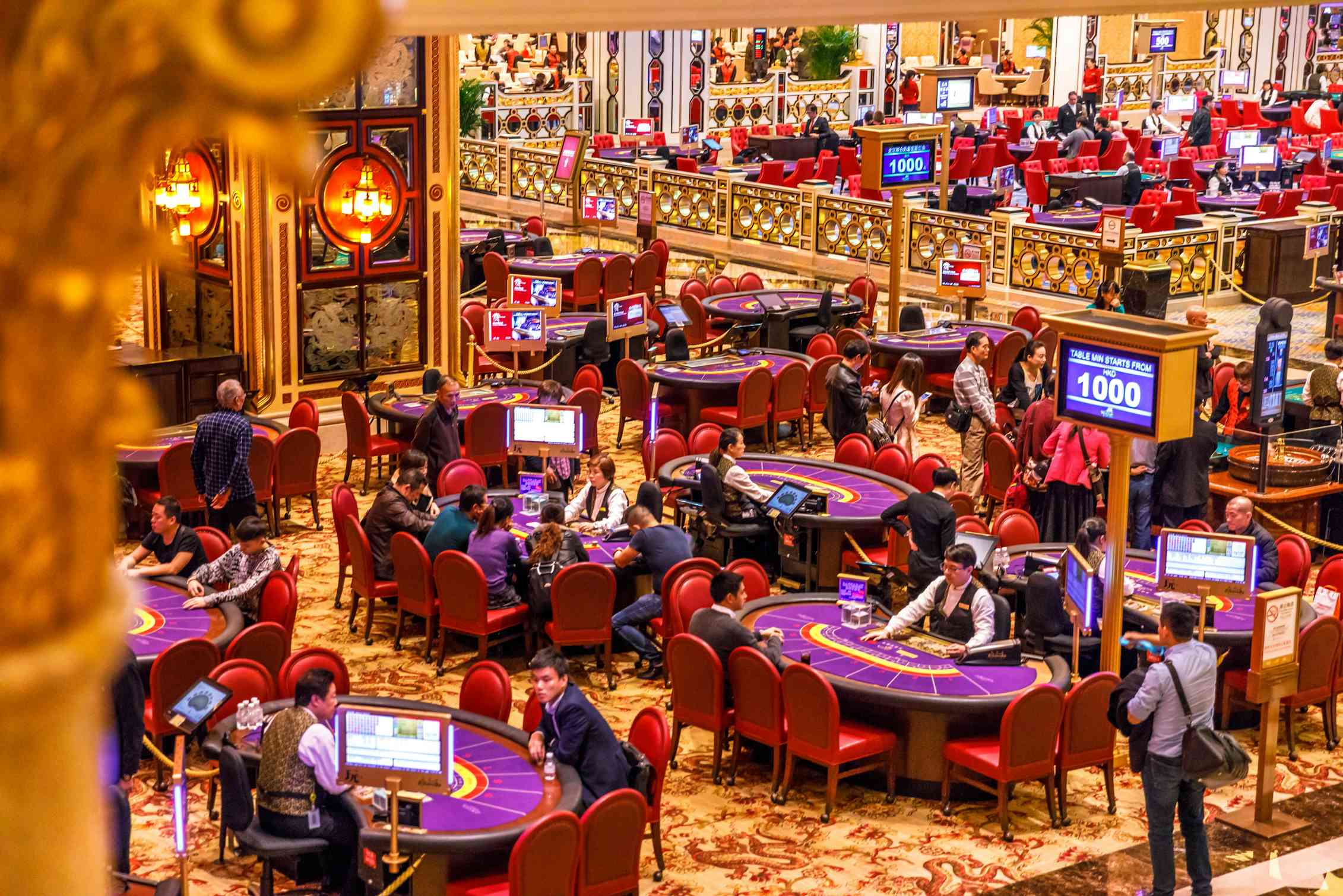
In the world of gambling, where chance and strategy meet, a unique tapestry of beliefs manifests—one that braids luck, fate, and the enigmatic nature of casino games. Casinos, bustling with excitement and anticipation, are not just spaces for placing bets; they are also arenas in which superstitions thrive. From the novice player to the seasoned gambler, these mysterious practices often shape how individuals approach the games they play, holding the belief that their actions can impact the outcome in ways that go beyond mere probability.
When players gather around roulette wheels, blackjack tables, and slot machines, the atmosphere is thick with stories of lucky charms, rituals, and codified behavior that defy logic yet provide a sense of comfort. It could be the case that it’s wearing a specific outfit, following a particular sequence of bets, or even avoiding certain numbers, the attachment to various superstitions reflects a deep-rooted desire to control the uncontrollable. This article delves into the captivating world of casino game superstitions, exploring the beliefs that simultaneously entertain and mystify those who dare to play.
Cultural Beginnings of Superstitions
Gambling activities have long been interwoven with an host of superstitions that trace to ancient societies. The beginnings of these beliefs can be linked to humanity’s innate need to control the random outcomes related with chance and uncertainty. In ancient civilizations, activities of chance were often tied to religious practices. Players would call upon aid or seek favor from gods, believing that their actions could affect the results in their benefit. This foundation laid the groundwork for the myriad of superstitions that spread as betting evolved over ages.
During the medieval period, betting became a common pastime across the continent, and with it, a colorful tapestry of superstitions emerged. Participants adopted various rituals and charms, believing they could influence the results of games. The value of digits, in particular, began to show in superstitions related to card games and dice. The number 7 was often considered lucky, while different numbers carried negative connotations. These beliefs mirrored the cultural contexts of the time, evolving as they transferred through generations and changed to different gaming environments.
As gaming establishments appeared in the seventeenth century, particularly in the Italian peninsula and the French nation, the atmosphere surrounding betting became steeped in mystique. The growing openness of gambling games allowed for the dissemination and diversification of superstitions among players. Concepts like lucky charms, specific seating locations, and rituals gained prominence, creating a special culture within casinos. As these practices continued to thrive, they became essential to the character of casino games, illustrating how historical developments and society shape the notions that influence how gamblers connect with chance.
Common Gambling Superstitions
Beliefs surrounding gambling activities are plentiful and varied, mirroring the dreams and anxieties of players as they participate in chance-based games. One of the most prevalent views is that certain digits bring fortune or misfortune. For example, the number 7 is often seen as a favorable number, frequently embraced by players looking for a positive outcome. Conversely, the number 13 is routinely considered unlucky, leading many gamblers to avoid it during their gaming periods.
Another frequent belief relates to rituals that gamblers believe can influence their chances. It could be blowing on dice before a throw, using a specific gesture to place a wager, or even putting on specific items of clothing, many individuals feel that these rituals can sway luck in their benefit. These practices offer a feeling of control in an otherwise random environment, reinforcing the idea that luck can be created through personal convictions and habits.
Lastly, the ambiance and vibe of the gambling house itself adds to myths. Many players suggest that the presence of specific symbols, such as four-leaved clovers or fortunate tokens, can enhance their chances of success. Additionally, players might adhere to the belief that winning streaks can be halted by mundane events, such as someone walking past or a accident at the table. The collective environment in a casino can amplify these beliefs, creating a communal culture of superstitions that transcends single encounters.
Impact of Superstitions on Players
Beliefs play a crucial role in the psychology of gamblers, often affecting their behavior and choices. A lot of gamblers think that fortune can be manipulated through various rituals, such as donning a talisman, choosing particular hues, or steering clear of particular digits. This dependence on superstitions can create a sense of authority in an environment that is inherently unpredictable. Players often feel more confident and involved when they believe that their actions could sway the result of a game in their advantage.
The impact of these superstitions extends past singular players, affecting the general atmosphere within the casino. U888 For example, a player who holds the belief in the luck of a particular slot machine might draw a gathering, as onlookers are fascinated by their apparent success. This collective belief can amplify excitement and create a dynamic environment, leading to an interesting experience even for those who may not necessarily be believers themselves. The buzz around specific games can lead to increased participation and longer playing sessions, supporting the casino’s lively social scene.
In some instances, superstitions can lead to negative effects for players. Relying too heavily on rituals can result in bad gambling decisions, as some may overlook basic strategies in favor of baseless beliefs. Additionally, the pressure to perform rituals may heighten anxiety and stress levels, detracting from the pleasure of the experience. Ultimately, while superstitions can enhance the excitement of playing casino games, they can also lead to foolish choices that overshadow the enjoyment and entertainment intended in the casino experience.
